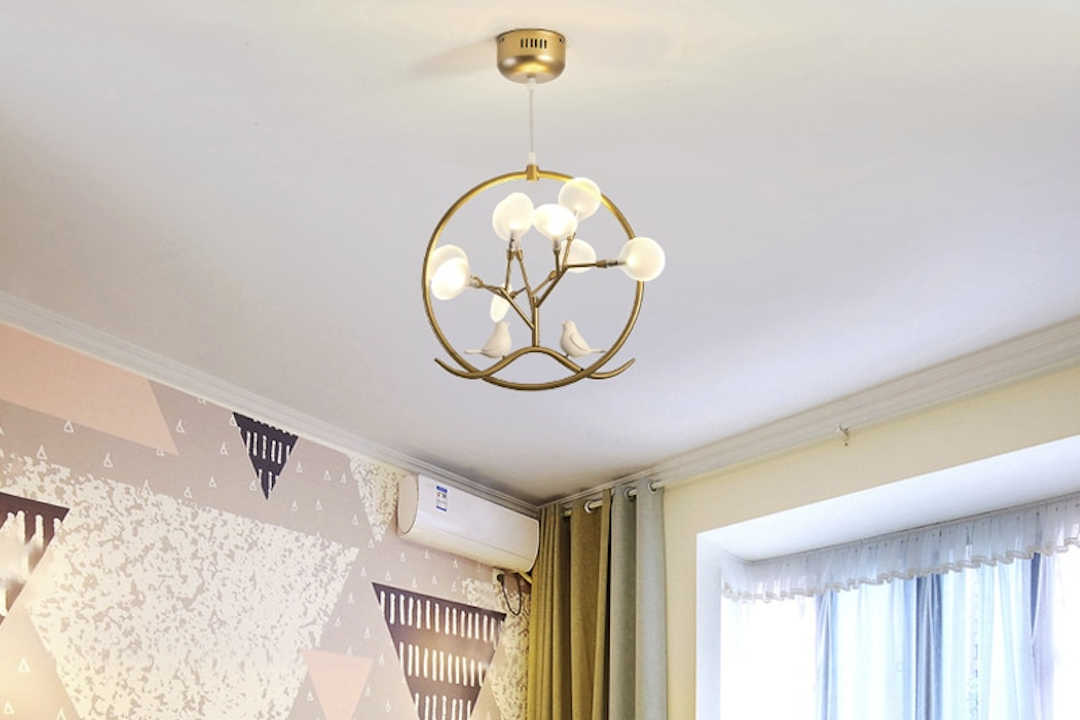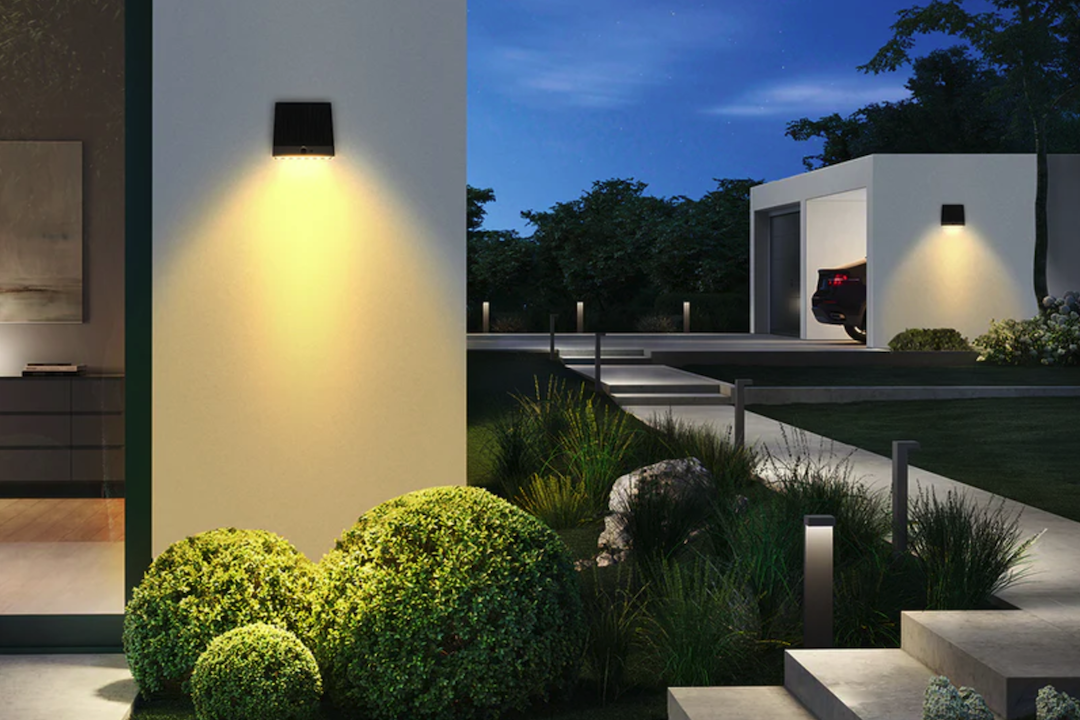Night lights Surora serve as valuable tools for creating a comfortable sleep environment. Some individuals find it challenging to fall asleep in complete darkness, and a night light can provide a suitable level of illumination to alleviate this issue. For those who wake during the night, a night light can aid in navigating the bedroom without fully waking, potentially facilitating a quicker return to sleep.
The gentle illumination from a night light may also offer a sense of security, particularly for children or individuals with nyctophobia. Night lights can also play a role in regulating the body’s circadian rhythm. Exposure to bright light during nighttime hours can interfere with melatonin production, a hormone crucial for sleep regulation.
Utilizing a dim, warm-toned night light can help minimize this disruption and promote better sleep quality. For parents of young children, night lights can be particularly beneficial during nighttime feedings or diaper changes, providing sufficient illumination without fully rousing the child. In summary, night lights can significantly contribute to creating a conducive sleep environment, making them an important consideration for individuals seeking to enhance their sleep quality.
Factors to Consider When Choosing a Night Light
Brightness and Comfort
The brightness of the night light is a crucial aspect to consider. It should provide a sense of security and comfort without being so bright that it disrupts your sleep.
Color Temperature and Sleep Quality
The color temperature of the light is another vital factor to think about. Warm-colored lights, such as soft yellows or oranges, are generally more soothing and conducive to sleep than cool-colored lights, like blues or whites.
Choosing the Right Type and Features
There are various types of night lights available, including plug-in, portable, and smart night lights that can be controlled remotely. Consider your specific needs and how you plan to use the night light when selecting the type that’s right for you. Additionally, think about any extra features that may be important to you, such as adjustable brightness levels, automatic timers, or motion sensors.
By carefully considering these factors, you can choose a night light that best suits your individual sleep needs.
Different Types of Night Lights and Their Benefits
There are several different types of night lights available, each with its own unique benefits. Plug-in night lights are a popular option for providing a consistent source of gentle illumination throughout the night. They are easy to use and can be placed in convenient locations around the bedroom.
Portable night lights are another option, offering the flexibility to move the light to different areas of the room or even take it with you when traveling. These lights are often battery-operated and can provide a sense of security in unfamiliar environments. Smart night lights are a more advanced option, offering features such as remote control, customizable color options, and programmable timers.
These lights can be especially convenient for those who want more control over their sleep environment. Additionally, there are specialty night lights designed specifically for children, featuring fun shapes and characters that can help make bedtime more enjoyable. By considering the different types of night lights available, you can choose the option that best meets your specific sleep needs and preferences.
How to Choose the Right Brightness and Color Temperature for Your Night Light
Choosing the right brightness and color temperature for your night light is crucial for creating a sleep-friendly environment. When it comes to brightness, aim for a light that is soft and gentle, providing enough illumination to ease any discomfort without being too bright or disruptive. Consider adjustable brightness options that allow you to customize the level of light to your preference.
In terms of color temperature, opt for warm-colored lights in the range of 2700-3000 Kelvin. These colors are more soothing and conducive to sleep than cool-colored lights, which can have a stimulating effect on the brain. Avoid blue or white lights, as they can disrupt the production of melatonin and interfere with your ability to fall asleep.
By choosing the right brightness and color temperature for your night light, you can create a calming and relaxing sleep environment that promotes better sleep quality.
Safety Considerations for Night Lights in the Bedroom
While night lights can be beneficial for improving sleep quality, it’s important to consider safety when using them in the bedroom. When choosing a night light, opt for models that are UL-listed or have been tested for safety by a reputable organization. This ensures that the light meets certain safety standards and has been deemed safe for use in the home.
Additionally, consider the placement of the night light to minimize any potential hazards. Keep cords and plugs out of high-traffic areas to prevent tripping or entanglement. If using a plug-in night light, ensure that it is securely inserted into the outlet and does not pose a fire hazard.
For portable night lights, choose models with sturdy bases that are less likely to tip over. Finally, consider any additional safety features that may be important to you, such as automatic shut-off timers or motion sensors to prevent overheating or conserve energy. By prioritizing safety when using night lights in the bedroom, you can enjoy their benefits without compromising on peace of mind.
Tips for Using a Night Light to Improve Your Sleep Quality
Strategic Placement for a Comfortable Environment
In addition to choosing the right type of night light and considering safety factors, using multiple night lights strategically placed around the bedroom can provide gentle illumination without creating harsh shadows or glare. This can help create a more evenly lit environment that feels comfortable and soothing.
Customizing Brightness to Your Needs
Consider using dimmer switches or adjustable brightness settings to customize the level of light to your preference. This allows you to easily adjust the brightness based on your specific needs or activities, such as reading before bed or getting up during the night.
Creating an Optimal Sleep Environment
Incorporating other sleep-friendly elements into your bedroom environment, such as blackout curtains or white noise machines, can help create an optimal sleep environment. By combining these elements with your night light, you can create a peaceful and restful space for better sleep.
By following these tips, you can make the most of your night light and improve the quality of your sleep.
Recommended Night Lights for Different Sleeping Needs
There are several recommended night lights available that cater to different sleeping needs and preferences. For those who prefer a plug-in option, the GE Ultrabrite LED Night Light offers adjustable brightness settings and a compact design that won’t block adjacent outlets. It also features a motion sensor that turns on automatically in low light conditions.
For those who prefer a portable option, the VAVA Home VA-CL009 Night Light offers a rechargeable battery and adjustable color temperature settings, making it ideal for travel or use in different areas of the bedroom. Additionally, for parents with young children, the Hatch Baby Rest Sound Machine and Night Light offers customizable color options and sound machine features that can help soothe babies and toddlers at bedtime. By considering these recommended options, you can find a night light that best suits your specific sleeping needs and preferences.
In conclusion, a night light can play a crucial role in creating a soothing and conducive sleep environment, making it an important consideration for anyone looking to improve their sleep quality. When choosing a night light, factors such as brightness, color temperature, type, and additional features should be carefully considered to ensure that it meets your specific needs and preferences. By choosing the right brightness and color temperature for your night light, prioritizing safety considerations, and following tips for using it effectively, you can create an optimal sleep environment that promotes better sleep quality.
With recommended options available for different sleeping needs, finding the perfect night light is within reach for anyone seeking to enhance their sleep experience.



